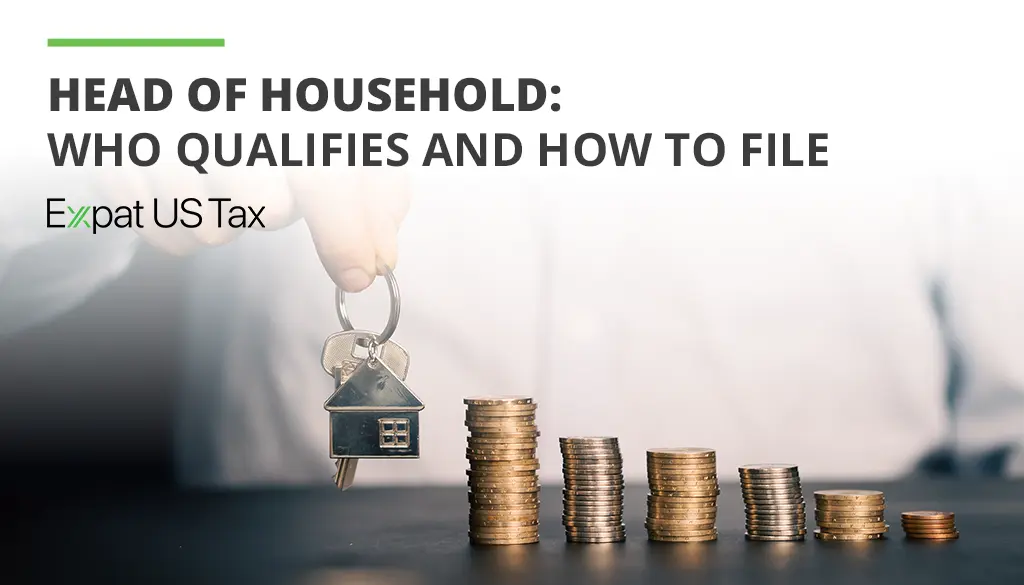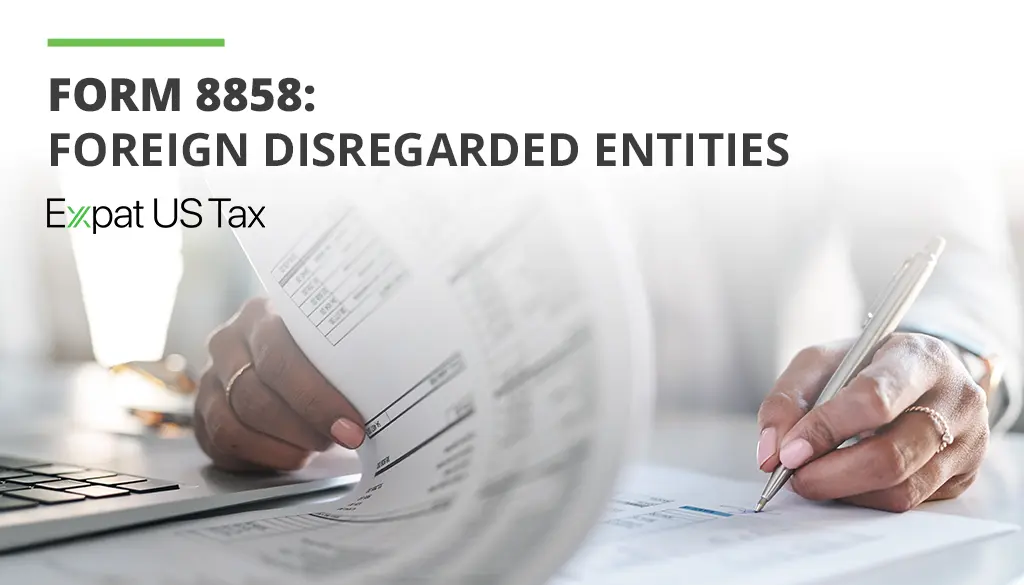Inheritance tax for US expats: what to know


Deborshi Choudhury, an IRS Enrolled Agent with 17 years of expat tax experience, specializes in U.S. tax preparation, tax planning, and tax advice for U.S. citizens and Green Card holders living and working in the UAE and Canada. *Schedule a consultation with Deborshi today.
*30-minutes US$377.
Table of Contents
Understanding inheritance tax for US expats
In the United States, there’s no federal inheritance tax.
Instead, the US taxes the estate itself through what’s called an estate tax. This means the person who passed away (or rather, their estate) pays any tax due before assets are passed on. As the beneficiary, you typically don’t owe federal tax on what you receive.
However, some states, like Maryland and Nebraska, have their own inheritance taxes. These taxes depend on where the deceased lived and sometimes on your relationship to them.
If you’re inheriting from someone in one of those states, it’s worth checking the local rules.
Now, here’s the twist for US expats: many other countries do have inheritance or succession taxes, and these can apply to you if you live there. Countries like France, Spain, and Japan, for example, often tax the person receiving the inheritance (you).
So even if the US doesn’t tax your inheritance, your country of residence might.
Receiving an inheritance as a US expat: what to know
When you inherit something as a US expat, there are a few things to keep in mind for tax and reporting purposes.
- Inheriting from a US estate: The good news is you won’t owe federal tax on what you receive. But if you inherit large sums, it’s smart to double-check whether the estate has covered any US estate taxes. You should also confirm if your home country has rules for taxing inheritances coming in from abroad.
- Inheriting from a foreign estate: If you inherit more than US$100,000 from a foreign estate or individual, you’ll need to file IRS Form 3520 to report it. This isn’t a tax bill, but a reporting requirement. Missing this form can lead to penalties.
- Foreign bank accounts and assets: If the inheritance includes foreign financial accounts worth over certain thresholds (like US$10,000), you might need to file an FBAR (Report of Foreign Bank and Financial Accounts) or Form 8938 (FATCA reporting).
- Currency conversion: If you’re receiving money in euros, yen, or any other foreign currency, you’ll need to convert it to US dollars using the IRS exchange rate on the date you received it.
- State inheritance taxes: Even though you live abroad, if you inherit from someone in a state that has an inheritance tax, there’s a chance they’ll look at whether you’re liable. It depends on the state and your connection to it.
US estate tax rules and exemption thresholds
As of 2025, the federal estate tax exemption is US$13.99 million per person. If someone’s estate is below that amount, no federal estate tax applies. But if the estate is worth more, the portion above the exemption is taxed at rates between 18% and 40%.
There’s also the unlimited marital deduction, which lets assets pass to a surviving spouse without triggering federal estate taxes, but this only works if your spouse is a US citizen. If your spouse isn’t a citizen, the rules are stricter, and the deduction isn’t automatic. In that case, setting up a Qualified Domestic Trust (QDOT) might be necessary to defer estate taxes.

Unsure how inheritance tax affects you?
Get in touch with us.
Reporting foreign inheritances: Form 3520 requirements
If you’re living abroad and you inherit more than US$100,000 from a foreign estate or individual, the IRS expects you to report it. You’ll do this by filing Form 3520, which is used to let the IRS know about large gifts or inheritances from overseas.
Here’s the important part: this isn’t a tax bill.
The US doesn’t charge federal tax on inheritances you receive. But Form 3520 is still mandatory, and skipping it can lead to serious penalties. The IRS can fine you up to 25% of the amount you inherited if you don’t file on time.
To stay compliant:
- File Form 3520 for any foreign inheritance over US$100,000 in a calendar year.
- Use the IRS exchange rate to convert the value into US dollars as of the date you received it.
- Keep records of where the inheritance came from and when you received it.
If you’re not sure how to handle this form, it’s best to consider working with a tax advisor who understands expat issues.
Avoiding double taxation with tax treaties and credits
Thankfully, you won’t get taxed twice. The US has estate tax treaties with a handful of countries like the UK, Germany, France, and Japan. These agreements help prevent double taxation by deciding which country gets the first shot at taxing the inheritance.
If you’re in a country without a treaty, there’s still a way to offset foreign taxes.
The IRS allows you to claim the Foreign Tax Credit by filing Form 1116. This credit can reduce your US tax bill if you’ve already paid inheritance or estate taxes abroad.
Here’s how to stay ahead of this:
- Check if the country where the inheritance is based has a tax treaty with the US.
- If not, explore the Foreign Tax Credit as an option to avoid double taxation.
- Talk to a tax professional to figure out which approach makes sense for your situation.
FAQ's
Do US expats pay inheritance tax on money received from abroad?
Not in the US, but you may owe inheritance or succession tax in the country where you live. The US only requires reporting on Form 3520 if you inherit over US$100,000 from a foreign person or estate.
Is inheritance from a US estate taxable if I live overseas?
What happens if I don’t report a foreign inheritance to the IRS?
Do I have to report inherited foreign property to the IRS?
Does the US have inheritance tax treaties with other countries?



